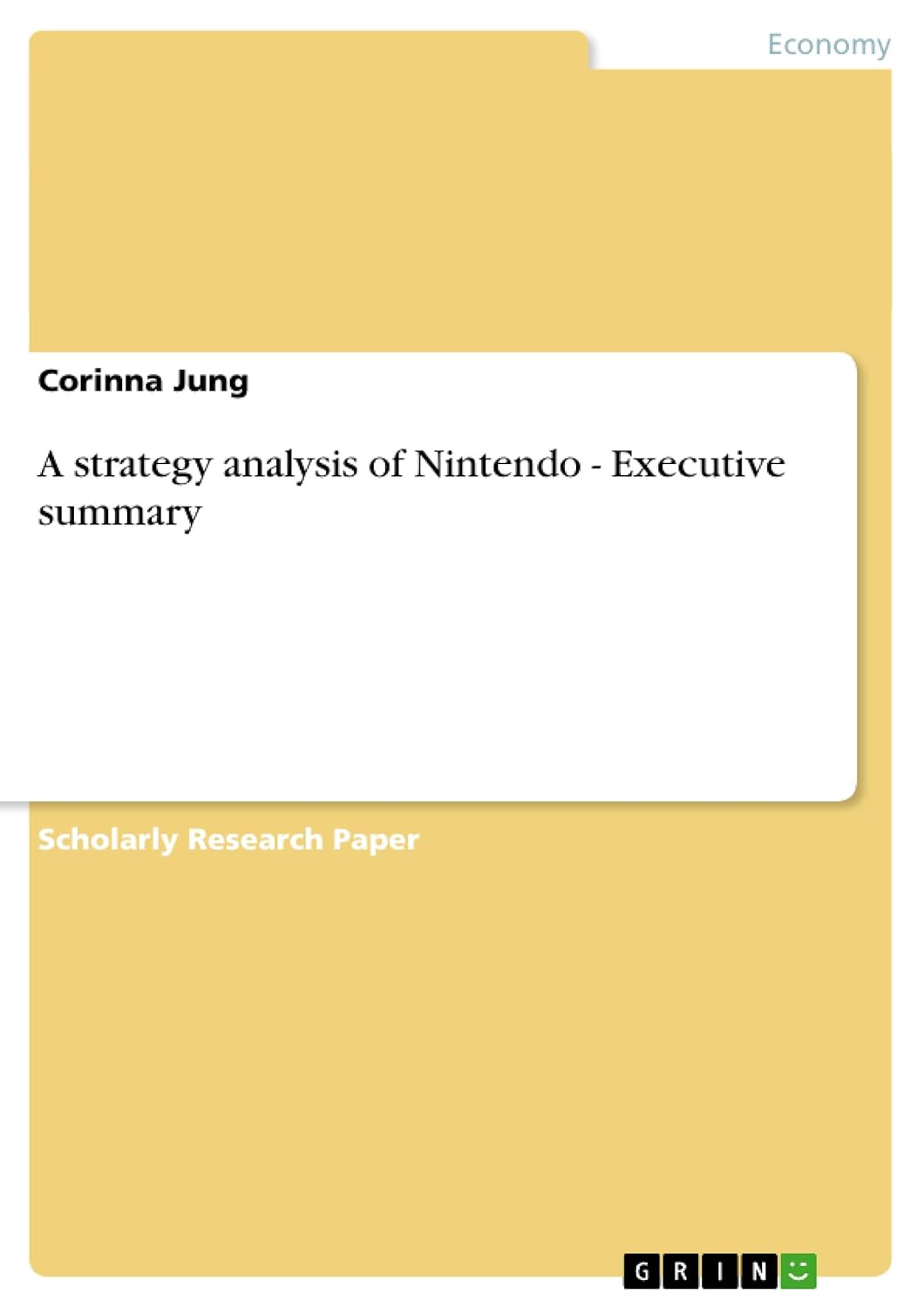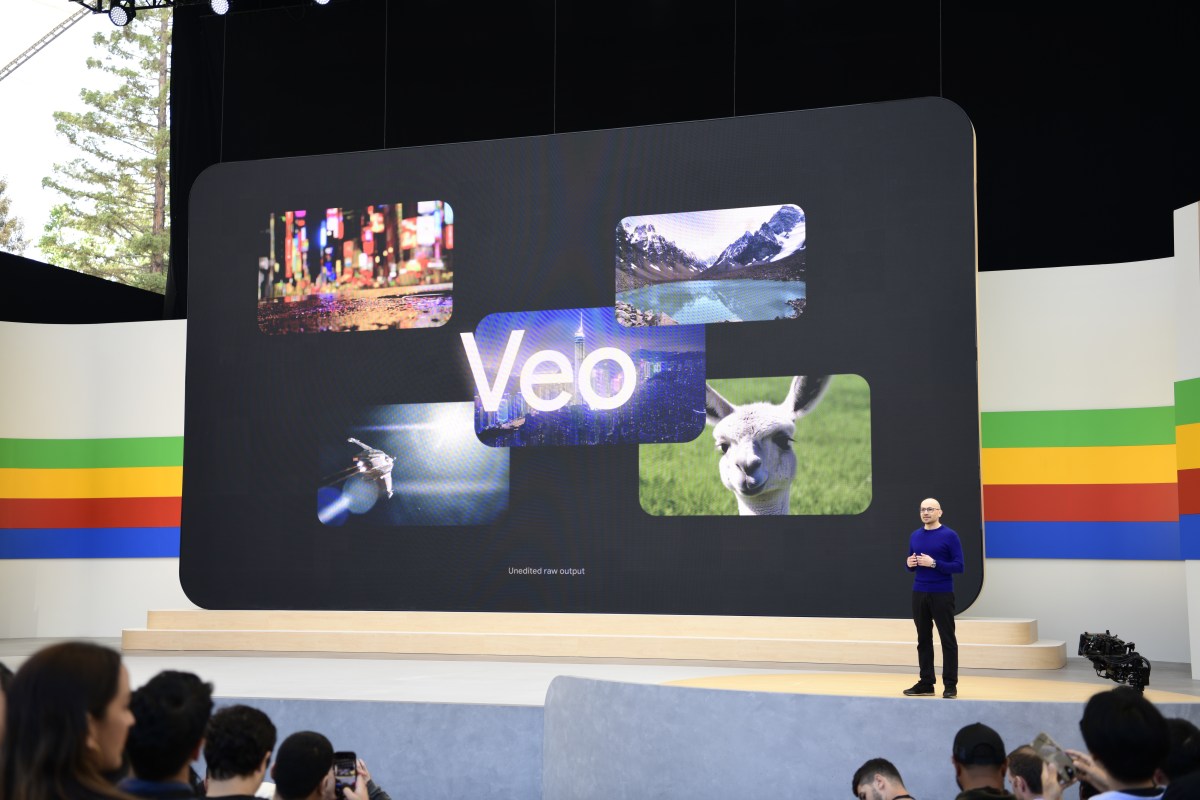Is Nintendo's New Strategy A Safe Bet? Analyzing The Company's Recent Moves

Table of Contents
Mobile Gaming Expansion: A Risky Venture or Smart Diversification?
Nintendo's entry into the mobile gaming market was a significant departure from its traditional console-centric approach. While initially met with skepticism, it has provided valuable insights into new revenue streams and player acquisition.
Analyzing the Success of Mario Kart Tour and other mobile titles
- Revenue: Mario Kart Tour, despite its freemium model, has generated substantial revenue, showcasing the earning potential of leveraging iconic Nintendo IPs in the mobile space. While precise figures are not always publicly available, estimates place it amongst the highest-grossing mobile racing games.
- Player Base: Millions of players worldwide have downloaded and engaged with Nintendo's mobile titles, exposing the brand to a new generation of gamers and expanding its market reach beyond traditional console ownership.
- Critical Reception: While not universally lauded, many Nintendo mobile games have received positive reviews, highlighting the ability to translate core gameplay mechanics to a mobile format. However, some critics argue that the monetization models can feel intrusive.
The mobile gaming market presents its unique challenges. Aggressive monetization is crucial, and balancing player experience with revenue generation requires careful planning. The success of future mobile game releases, such as potential sequels or new IP adaptations, will be vital in determining the overall success of this aspect of Nintendo's new strategy.
Balancing Mobile and Console Experiences
A crucial aspect of Nintendo's new strategy is the careful balancing act between its core console business and its mobile gaming initiatives.
- Synergy: Mobile games serve as effective marketing tools, introducing casual gamers to Nintendo's IPs and potentially driving console sales.
- Potential Conflicts: The risk of diluting the core console experience or alienating loyal fans through excessive mobile focus must be continually managed. Nintendo needs to avoid the perception that mobile games are simply cash grabs at the expense of their main console titles.
- Impact on Console Player Base: While some worry mobile gaming might cannibalize console sales, many argue it expands Nintendo's brand recognition, ultimately benefiting both platforms.
The Hybrid Console Approach: Maintaining Relevance in a Changing Market
The Nintendo Switch, a revolutionary hybrid console, has been a phenomenal success, fundamentally altering Nintendo's new strategy.
The Success and Challenges of the Nintendo Switch
- Sales Figures: The Switch has shattered sales expectations, surpassing many previous Nintendo consoles and competing favorably with other major players in the market.
- Unique Features: Its portability and hybrid nature have attracted both hardcore and casual gamers, bridging the gap between home consoles and handheld devices.
- Market Position: The Switch has carved a unique niche for itself, avoiding direct competition with the powerful, graphically-intensive consoles from PlayStation and Xbox by focusing on different gameplay experiences and a broader audience.
The competition is fierce, with PlayStation, Xbox, and the ever-growing PC gaming market vying for consumer attention. However, the Switch’s hybrid design has proved a significant advantage, enabling Nintendo to capture a segment of the market that traditional consoles struggle to reach.
Future Implications for Console Design and Game Development
The success of the Switch points towards future iterations incorporating similar hybrid designs and features.
- Future Consoles: We can expect Nintendo to continue to refine the hybrid model, potentially improving processing power, graphical capabilities, and portability in future generations.
- Technological Advancements: Innovations in areas like cloud gaming, VR/AR technology, and improved battery life could further shape the design and functionality of future Nintendo consoles.
IP Diversification Beyond Gaming: Expanding into New Markets
Nintendo is increasingly venturing beyond its gaming core, expanding its IP into various sectors.
Exploring Nintendo's foray into Theme Parks and other ventures
- Super Nintendo World: This theme park expansion has received positive feedback, proving the marketability of Nintendo's IPs beyond the gaming realm.
- Merchandise and Licensing: Nintendo's extensive licensing agreements across various products generate significant additional revenue and brand exposure.
- Film and Animation: While not as extensively explored as theme parks, collaborations on films and animated series represent another avenue for IP diversification.
This strategy is not without risks; the execution needs to be careful to ensure these ventures align with the overall brand image.
Risks and Rewards of Brand Extension
Extending the Nintendo brand beyond gaming offers significant rewards but necessitates meticulous planning.
- Brand Dilution: The risk of cheapening the brand through poorly executed collaborations or inappropriate product tie-ins is ever-present.
- Maintaining Brand Consistency: Any new venture must maintain the quality, creativity, and family-friendly image that defines the Nintendo brand.
- Potential Benefits: Successful brand extension strengthens the brand's overall image, reaching wider audiences and generating alternative revenue streams.
Conclusion: Is Nintendo's New Strategy a Winning Formula?
Nintendo's new strategy, encompassing mobile gaming expansion, a hybrid console approach, and IP diversification, presents both risks and rewards. While the mobile market presents its challenges, it has demonstrated the capacity for generating substantial revenue and attracting new audiences. The Switch's success signifies the power of innovative console designs, carving a unique space in the gaming market. Finally, the extension of Nintendo's IP beyond gaming shows promise in diversifying revenue and strengthening the brand image. Weighing the evidence, Nintendo’s new strategy seems to be a carefully calculated gamble with a high potential for long-term success. However, continued careful management of the brand and its various ventures is crucial to maintaining the positive momentum.
What are your thoughts on Nintendo's recent moves? Share your predictions for the company's future in the comments below!

Featured Posts
-
 Euro Millions Jackpot Winner Appeal For Irish Ticket Holder
May 28, 2025
Euro Millions Jackpot Winner Appeal For Irish Ticket Holder
May 28, 2025 -
 Google Veo 3 A Practical Review Of Ai Video Creation
May 28, 2025
Google Veo 3 A Practical Review Of Ai Video Creation
May 28, 2025 -
 Masyn Winns Blast Fuels Cardinals Sweep Of Arizona Diamondbacks
May 28, 2025
Masyn Winns Blast Fuels Cardinals Sweep Of Arizona Diamondbacks
May 28, 2025 -
 French Open 2024 Alcaraz Sinner And Swiateks Road To The Title
May 28, 2025
French Open 2024 Alcaraz Sinner And Swiateks Road To The Title
May 28, 2025 -
 The Wolverine Returns Examining The Avengers Doomsday Casting Rumors
May 28, 2025
The Wolverine Returns Examining The Avengers Doomsday Casting Rumors
May 28, 2025
